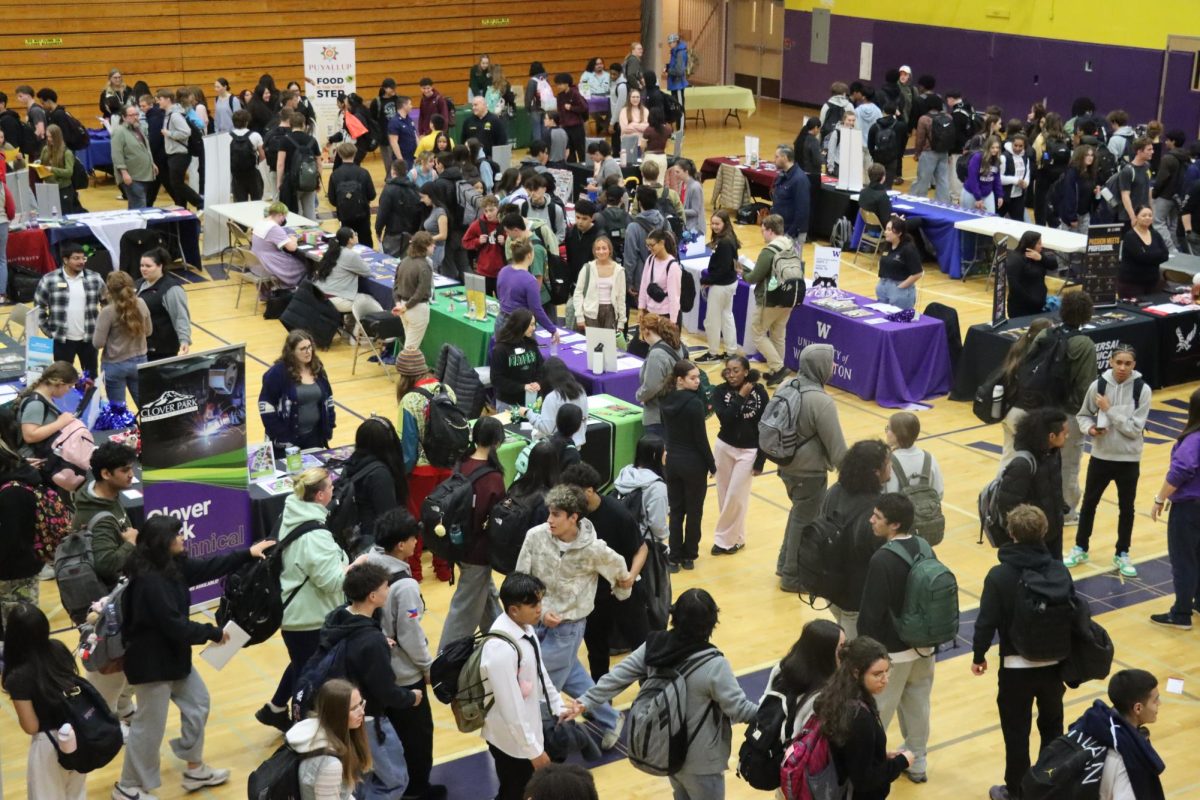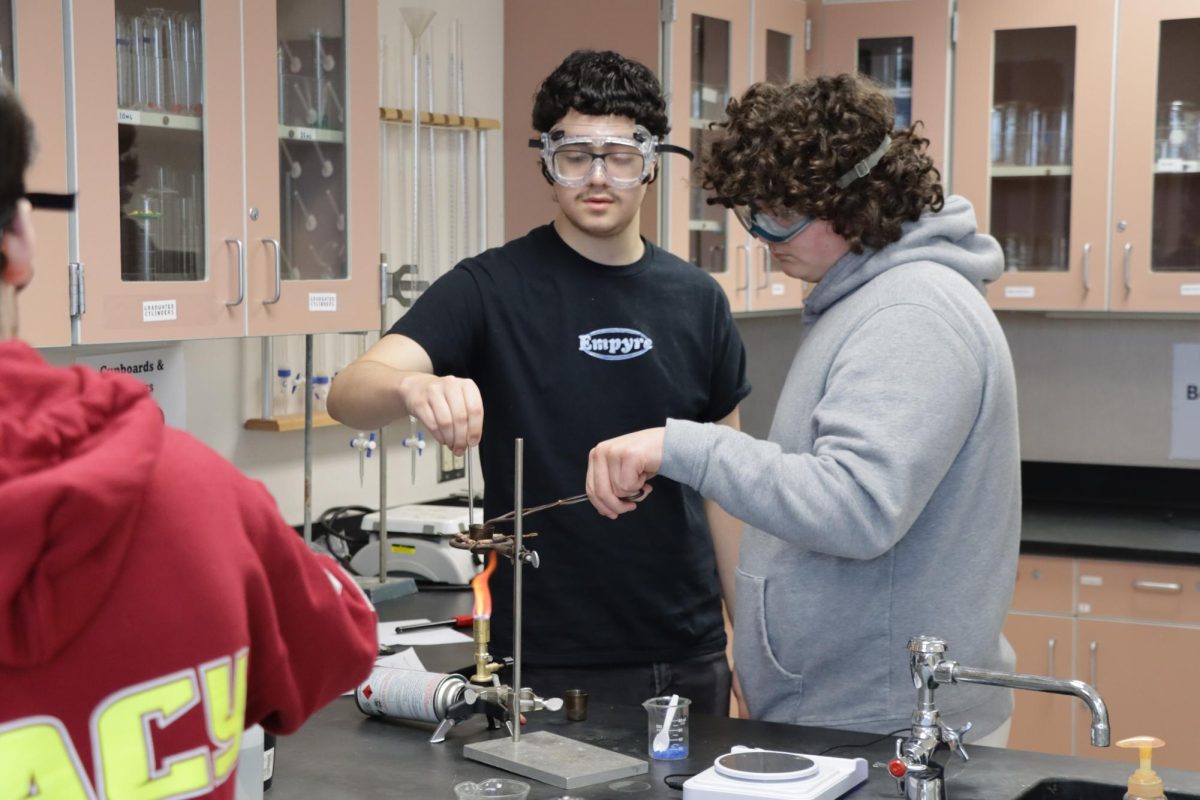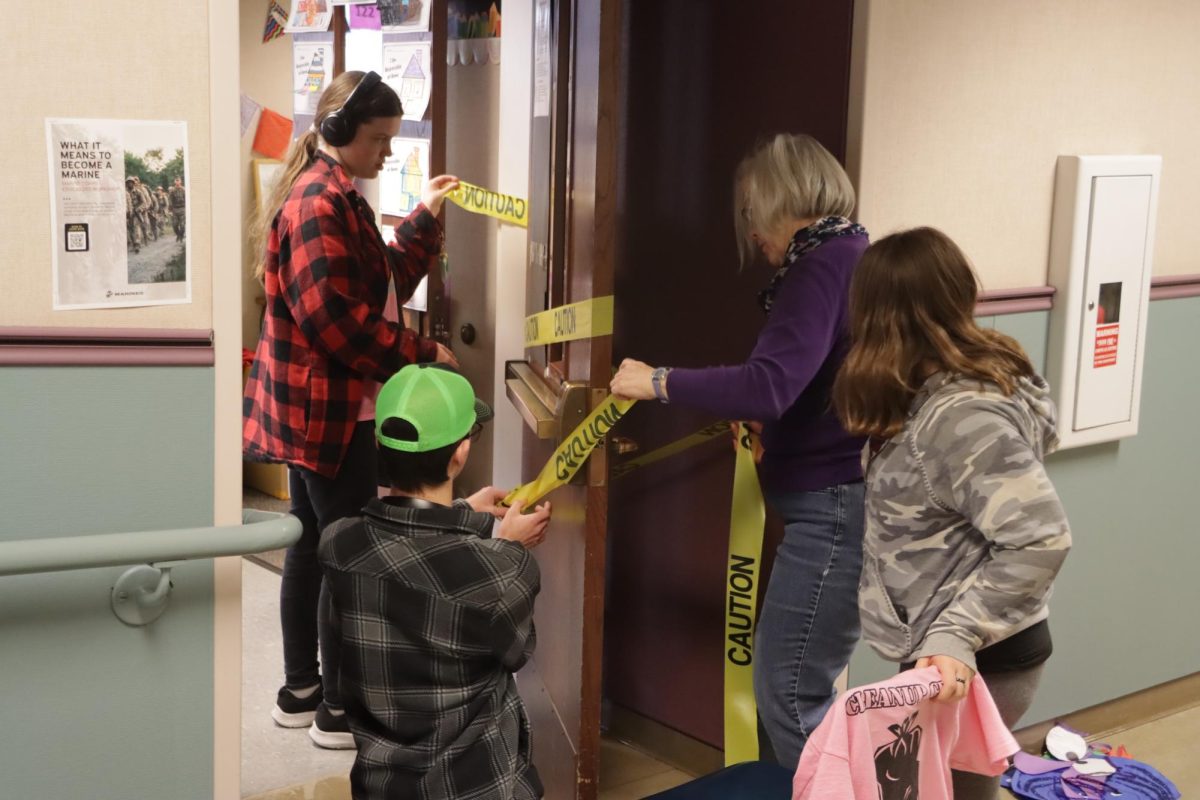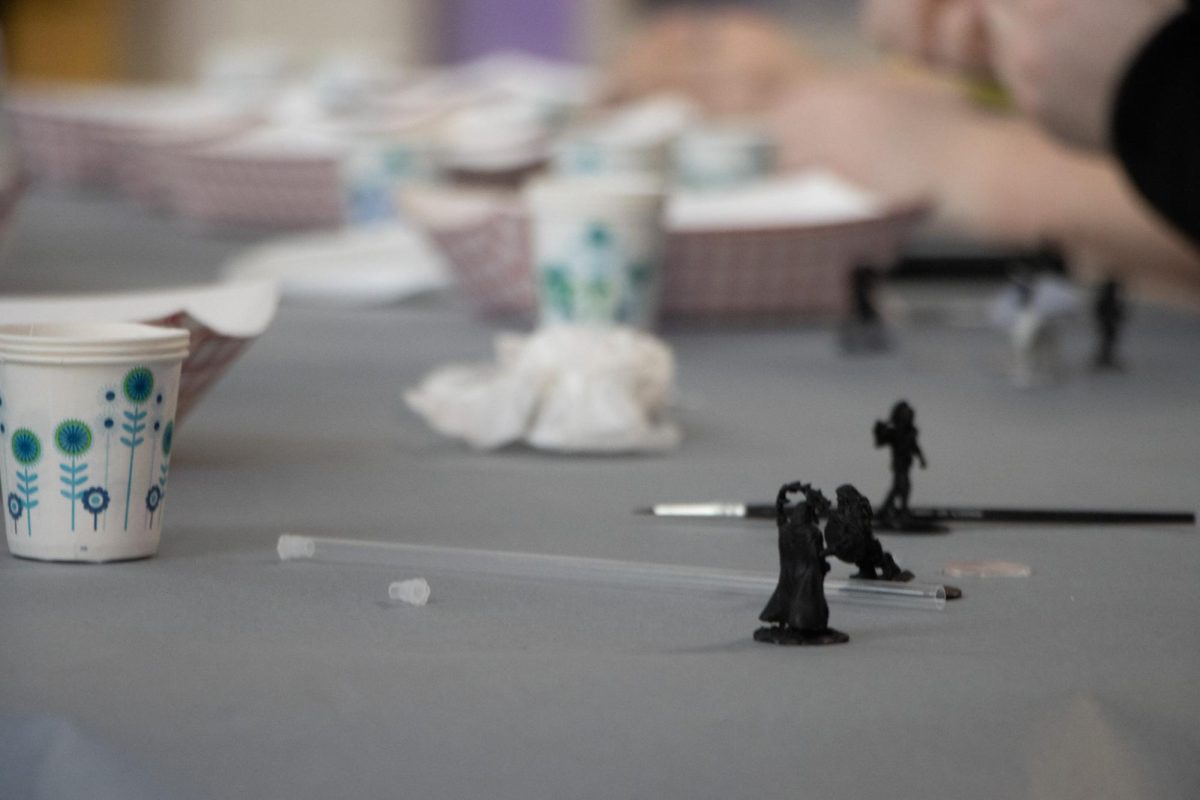Puyallup High School has faced significant adjustments in products sold at the Student Store and the Espresso Bar as a new policy restricting the distribution of high-caloric foods has been implemented.
The new law is a part of the Smart Snacks in School federal regulation that requires foods sold in schools during the school day to meet a series of requirements limiting their caloric value. Entrees must be under 350 calories, while snacks have to be under 200 calories.
Principal Eric Fredericks spoke on the newly-enforced federal law.
“There are limitations in our offerings related to caloric intake particularly and sugar content,” Fredericks said.
Items that often could be purchased at the Espresso Bar, including muffins and cookies, are no longer able to be sold due to their high caloric value. Products contained in the vending machines and at the Student Store have also been restricted due to the new law.
Business and Marketing teacher Kim Root spoke on the decrease in daily income at the Student Store that has been observed because of the changes in products carried.
“Our Student Store profits are way down. We have been averaging maybe between $5 and $20 per lunch,” Root said. “One of the things I think is most concerning to kids is that you pay more for healthier foods.”
Whereas a student could previously purchase two Pop-Tarts for a $1.25, an individual Pop-Tart now costs $1 due to the new health regulations.
“Standards for snacks [include] 200 or less calories plus the first ingredient has to be a whole grain, a fruit, a vegetable or a protein,” Root said.
Because of this new standard, foods that staff members at PHS wish to sell must be checked online or using the Smart Snacks Reference Sheet.
Joseph Hua, another Business and Marketing teacher, experienced the restrictiveness of the new policy firsthand as he struggled to find a lemonade that fit the caloric limits placed on beverages for a class activity.
“In my economics class, ideally, I would like them to run a lemonade stand for a day during the lunches and every team in my class will each sell lemonade but they will also be able to sell one extra item of their choice,” Hua said. “I could not find a lemonade that would fit the mold. Fortunately, I was able to find a drink that was not lemonade but I made it work and I had to find other snacks that fit the guidelines.”
In previous years at his former school, Mount Spokane High School, students would sell sweets as a part of Hua’s project in addition to lemonade. However, the sugar content and high calorie count in these previously-used items prevented their use in this year’s project.
Despite Hua’s struggle in finding a food and beverage that worked with his project idea, he still understands the purpose of the ruling.
“I think health-wise, it has strong potential to help. It could benefit the students because they are eating healthier but it could also detract them from buying school lunches and bringing their own food, which could be unhealthy food. So there is potential for it but then there is also a lot of risk in it at the same time,” Hua said.
Categories:
New Federal regulations impact Student Store
Story continues below advertisement
0
Donate to The Viking Vanguard
$15
$500
Contributed
Our Goal
Your donation will support Viking Student Media and the content we create. Your contribution will allow us to purchase equipment and cover our annual costs, including website hosting, printing the newspaper and yearbook, and purchasing new equipment.





